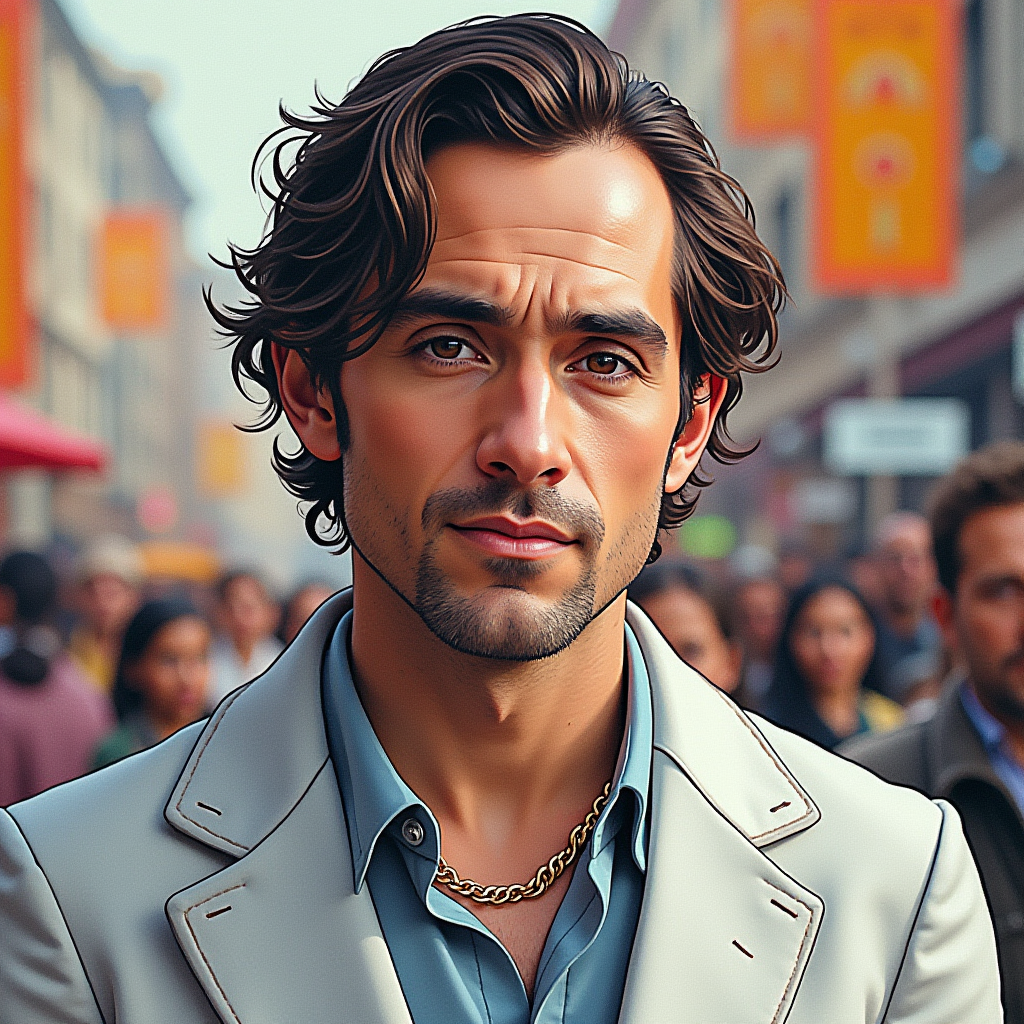Has Luigi Mangione Summoned the Very Best or the Very Worst of the Internet? The Jury’s Still Out

In a tale that seems torn straight from a thriller novel, the tragic demise of UnitedHealthcare CEO Brian Thompson has sparked an unexpected wave of fervor across social media platforms. Despite the grim reality—a father of two fatally shot in Manhattan—the narrative swiftly took a turn towards the bizarre and the titillating.
The Arrest That Captivated the World
Luigi Mangione, a 26-year-old Ivy League graduate, was apprehended for his alleged role in this grim event. His capture came after a dramatic five-day manhunt that concluded at an Altoona McDonald’s, where he was enjoying lunch. This arrest set off an immediate frenzy on the internet, characterized by intense speculation and fascination.
The Manifesto of Discontent
Mangione’s manifesto, a document found in his possession during his arrest, expressed profound grievances with America’s healthcare system. It detailed personal tragedies linked to healthcare inadequacies and criticized the financial burdens faced by many Americans. This message resonated deeply, sparking debates about systemic issues within healthcare.
From Tragedy to Tabloid
- The Viral Image Phenomenon: Post-arrest, images of Mangione became viral sensations. From shirtless photographs to his courtroom appearances, the public’s fascination bordered on obsession.
- Digital Courtroom Drama: As legal proceedings unfolded, they were accompanied by an equally intense online spectacle. Discussions oscillated between ethical debates and bizarre expressions of admiration for Mangione’s appearance.
The Intersection of Crime and Aesthetic
This case highlights a disturbing trend: the conflation of criminal actions with aesthetic appeal. The “hot felon” narrative is not new, yet it remains unsettling when juxtaposed against such grave acts. Mangione’s story has become emblematic of how quickly society can shift focus from serious ethical considerations to superficial judgments.
Questioning Moral Compass
The reaction to this case raises critical questions about the internet’s role in shaping narratives and public opinion. How does social media influence our understanding of justice? Are we too quick to separate moral judgment from aesthetic fascination?
Predictions for a Digital Society
As Mangione’s trial progresses, so will the online discourse surrounding him. It’s likely that his case will continue to serve as a catalyst for discussions about the ethics of media consumption and the internet’s power in creating cultural phenomena out of real-life tragedies.
In conclusion, Luigi Mangione’s arrest has indeed summoned both the best and worst aspects of the digital age. While it has sparked necessary conversations about systemic failures in healthcare, it also underscores our society’s complicated relationship with morality, crime, and aesthetics online. The full implications of this case are yet to unfold.